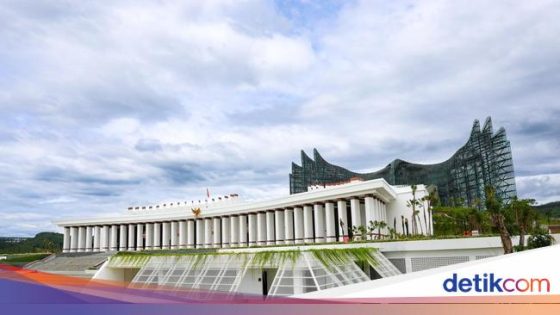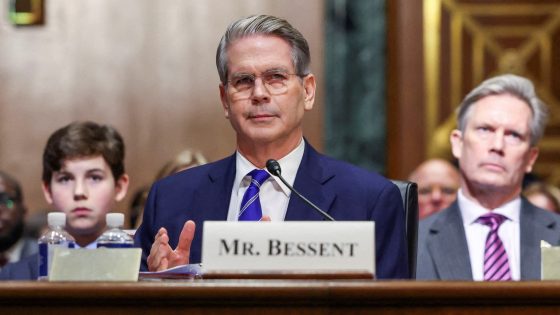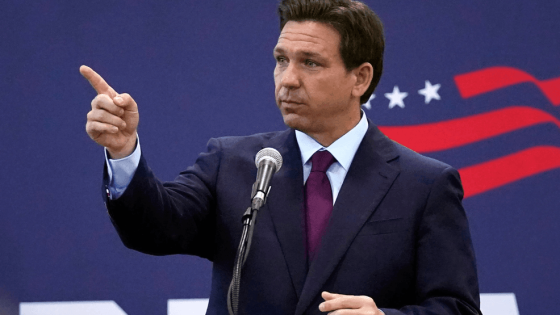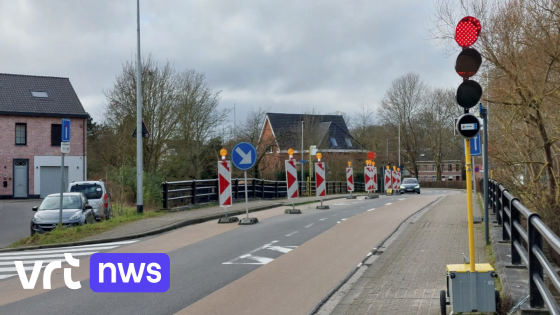On February 7, 2025, the development of Ibu Kota Nusantara (IKN) remains a hot topic as the Minister of Public Works, Dody Hanggodo, announced that the budget for 2025 has been blocked by the Minister of Finance, Sri Mulyani. This raises concerns about whether the ambitious project will continue as planned. Will this halt the transformation of Nusantara into Indonesia‘s political capital by 2028?
- Budget for IKN 2025 blocked by Finance Minister
- OIKN denies construction halt rumors
- Target for IKN as capital by 2028
- Second phase focuses on judicial and legislative infrastructure
- Total budget for IKN phase two outlined
- Minister PU comments on budget execution issues
Budget Blockage Raises Concerns About IKN Development in Indonesia
Is the future of IKN at risk? The recent budget blockage by the Finance Minister has sparked questions about the project’s timeline. However, officials from the IKN Authority insist that construction will continue as planned, aiming for Nusantara to become the political capital of Indonesia by 2028.
IKN Development Plans and Financial Strategies Explained
The IKN project is not just about building a new capital; it involves extensive planning and investment. The second phase of development, scheduled from 2025 to 2029, focuses on creating essential infrastructure and supporting ecosystems for the judicial and legislative branches. With an estimated budget of Rp48.8 trillion from the state budget and Rp60.93 trillion from public-private partnerships, the financial strategy is robust.
- Phase two targets infrastructure for legislative and judicial systems.
- Investment projections include Rp6.49 trillion from private sectors.
- OIKN officials deny claims of worker mobilization back to their regions.
- Construction aims to meet the 2028 political capital deadline.
Current Status of IKN Development Amid Financial Challenges
Despite the financial hurdles, the IKN Authority remains optimistic. They emphasize that the construction process is ongoing and that there are no plans to send workers home. The government is committed to ensuring that Nusantara will be ready to serve as the political capital by 2028, regardless of current budget constraints.
Future Implications for Indonesia’s Infrastructure and Economy
The successful completion of IKN is crucial for Indonesia’s economic growth and infrastructure development. It represents a significant shift in the country’s political landscape and aims to distribute economic opportunities more evenly across the archipelago. As such, the IKN project is not just a local concern but one that could have far-reaching implications for international investors and partners.
In conclusion, while the budget issues pose challenges, the commitment to developing IKN remains strong. The project is a vital step toward modernizing Indonesia’s governance and infrastructure, making it an important focus for both domestic and international stakeholders.

































